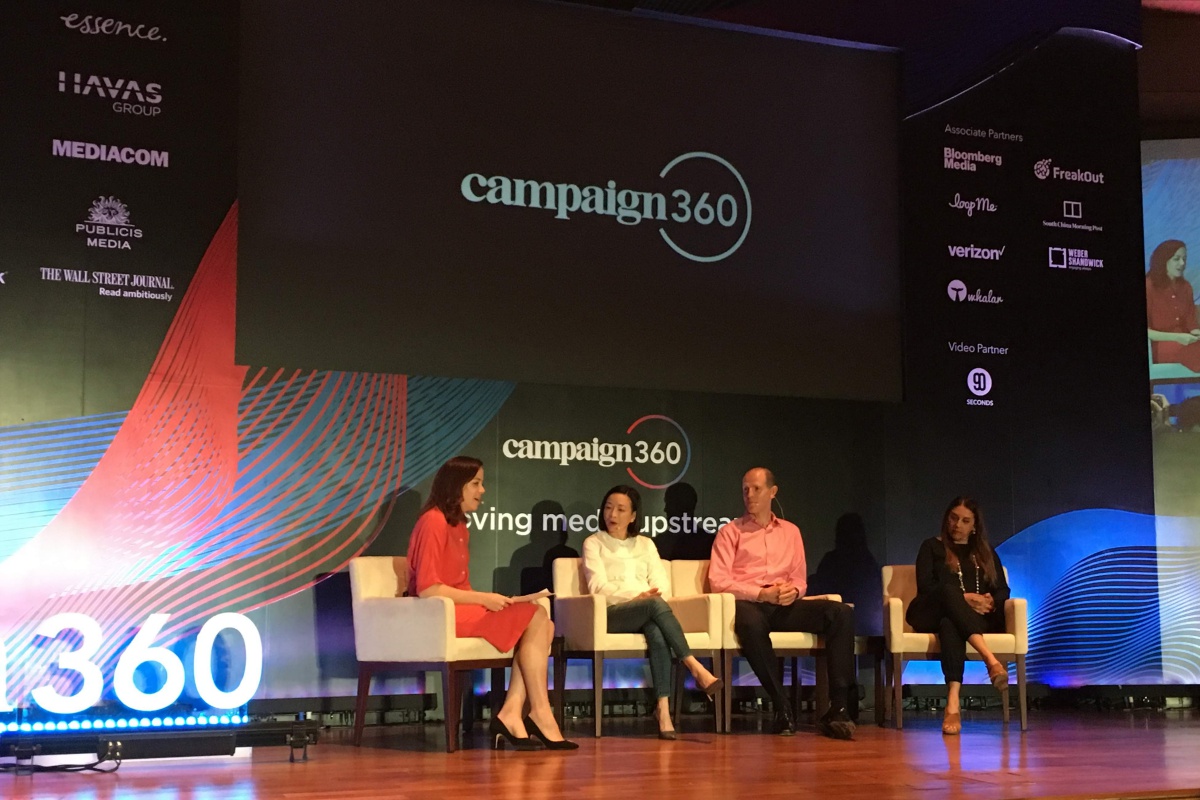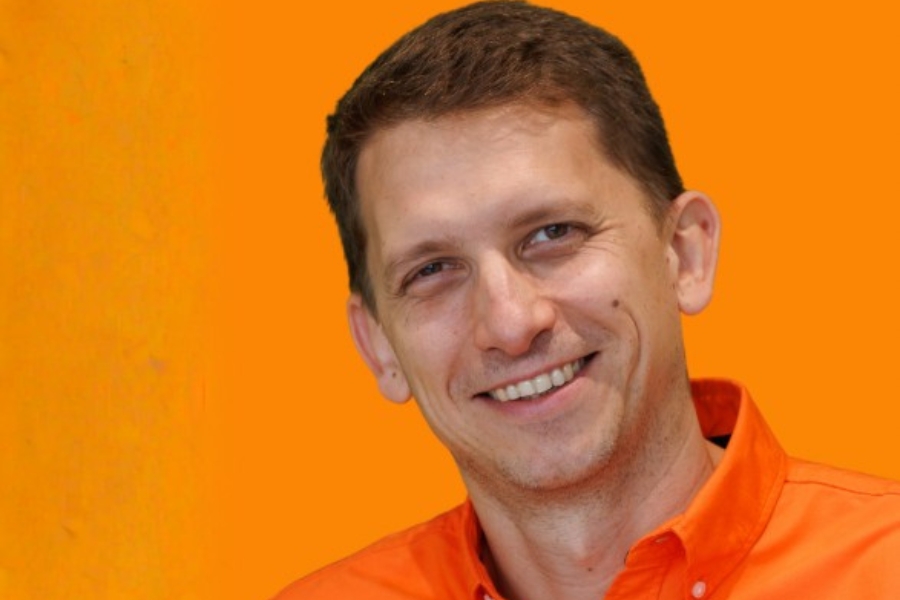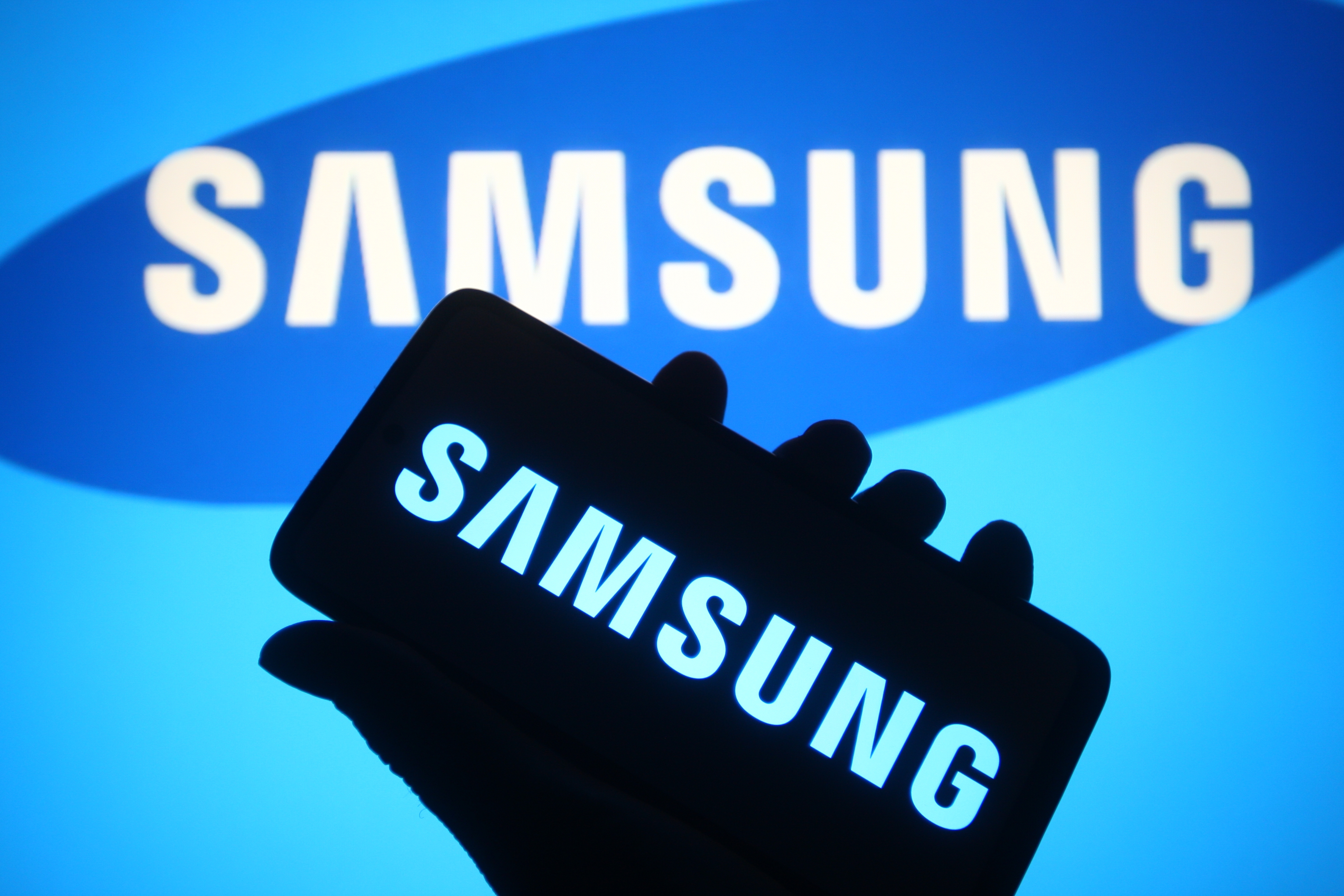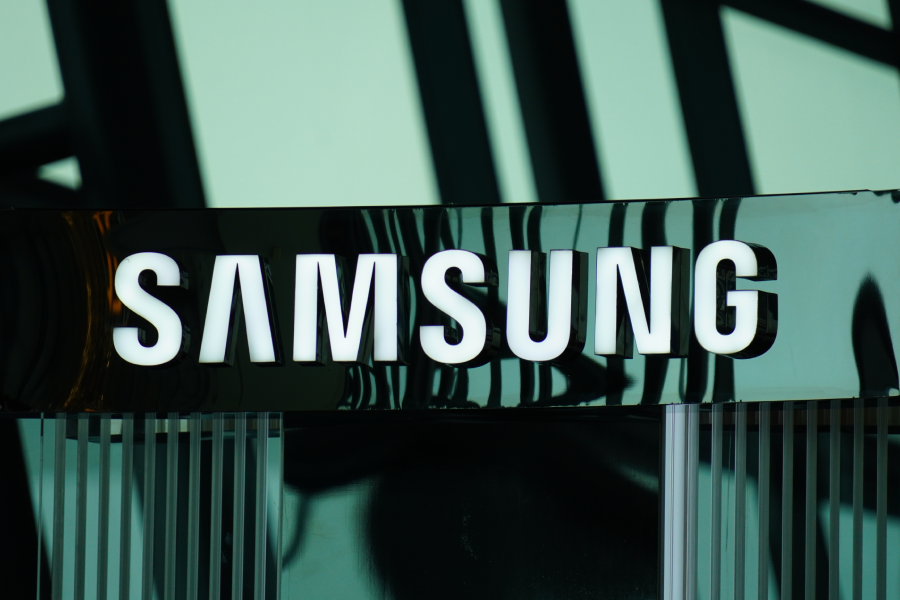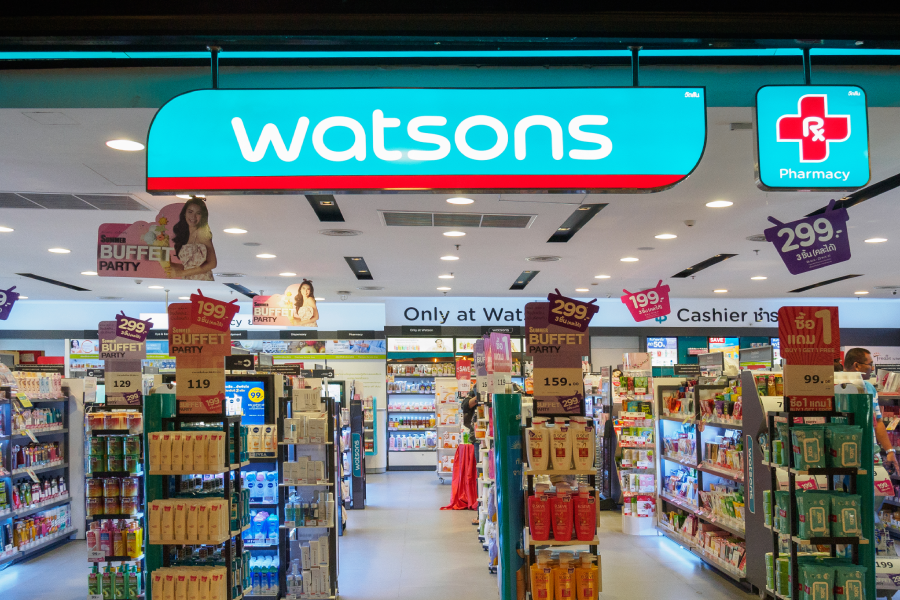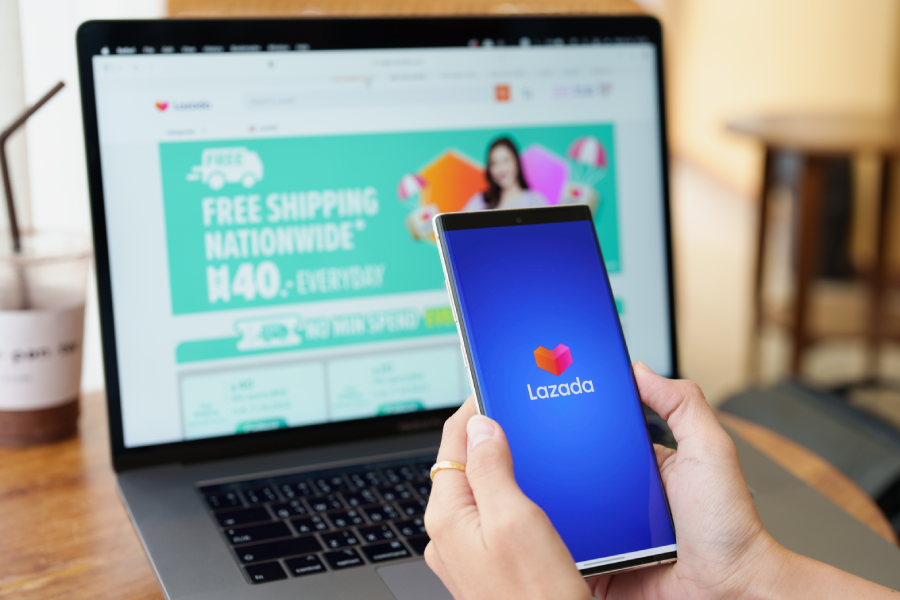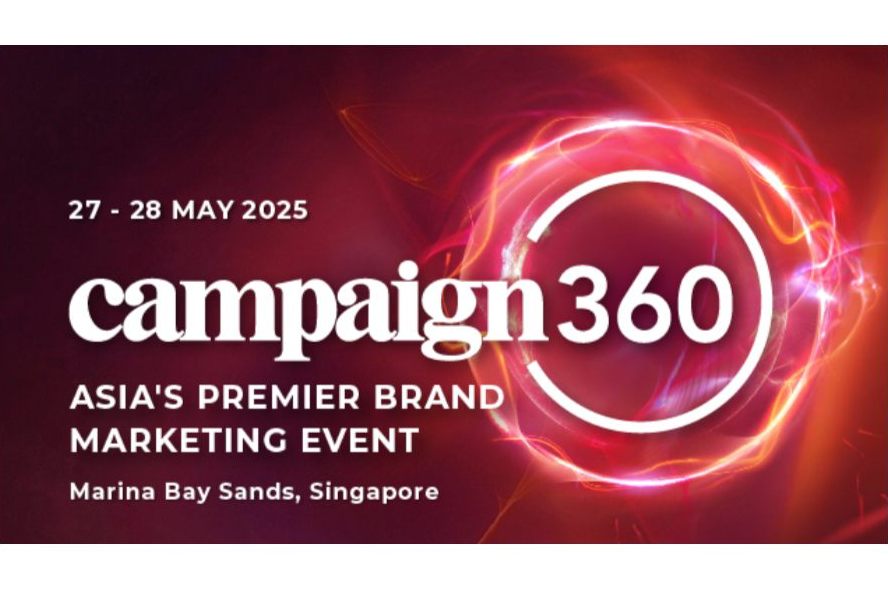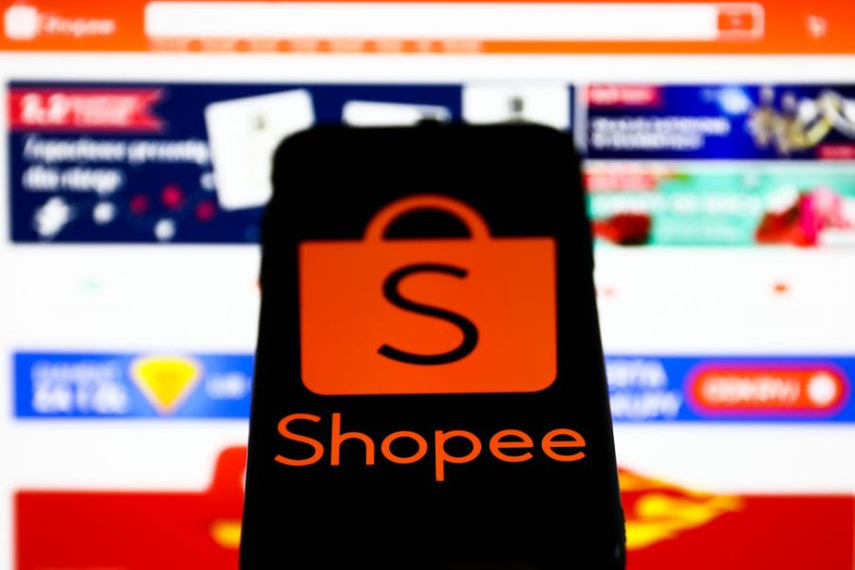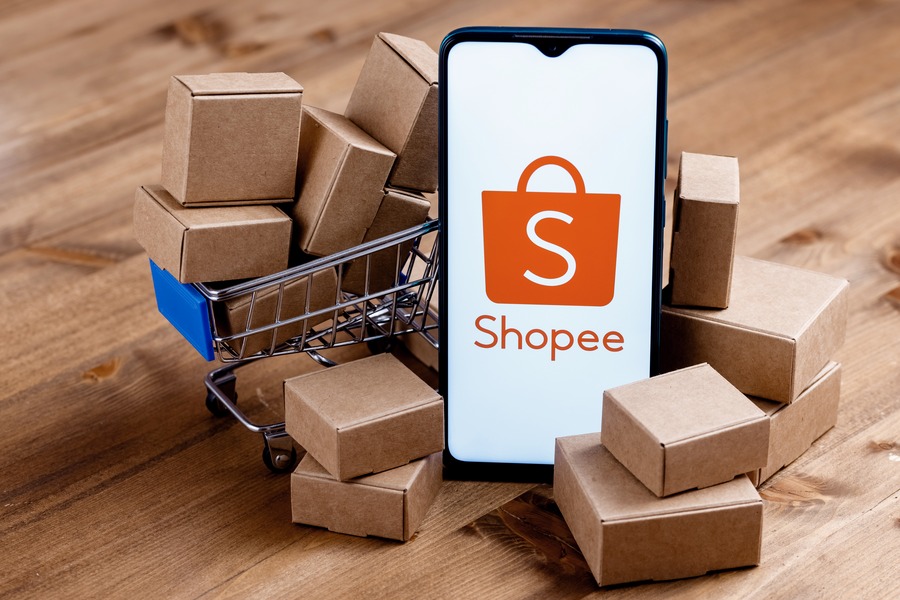A friend who can tell you "no" when you most need to hear it is a valuable friend indeed. And the same goes for agencies, according to Johnson & Johnson marketer Richa Goswami.
Goswami, global head of content and creative excellence for the company, was speaking during a panel discussion that kicked off today's Campaign360 in Singapore. The panel followed the debut of Campaign and Kantar's exclusive research into the business of marketing and the value of agencies, which was presented earlier by Pablo Gomez, Kantar's head of media and digital for APAC.
Curing myopia
Clients can become a bit lazy, Goswami said, and outsource all or most thinking and creative to agencies. "Yet a lot of startups don't have creative agencies, media agencies, and [so on]," she said. "But they're still doing amazing stuff."
While it's easy to understand the tendency to outsource, especially in large companies where marketers are also tasked with thinking about distribution challenges and innovation, clients can't be as effective if they outsource too much. Yet the other extreme is also not effective. "I think if we take it completely in-house, we'll become completely myopic, and we'll just be drinking our own Kool-Aid and thinking we're fabulous," she said.
Saying no
"As a client, I would urge and encourage all agencies to step up and say 'no' sometimes," Goswami said. Acknowledging that clients can be "super demanding", she said it's understandable that agencies can feel compelled to do whatever clients ask. "But at times, I've seen some of best work has come from an agency saying, 'no'," she said. "And sometimes where I've been most upset with my agency was because they said 'yes'." For the latter scenario, she cited the example of huge TV spending for a brand aimed at millennials.
Playing nice with data
Zonfrillo was not surprised that keeping control over data was a key concern of clients in the survey. "But you can't just look at the digital ecosystem in isolation," he added, and expanding on first-party data is one area where agencies can add "significant value back to clients".
"When you actually try to execute, when you're buying media space, you need to be able to access that first-party data and match it with other data that's out there," he said. "It's not done in isolation. The key is how to work with the client, to ensure that you have a relationship that is built on trust, and that they will allow you to access that information so you can buy against it."
Learning together
Given the knowledge gaps that both clients and agencies are bound to have in a fast-changing environment, the ability to learn from each other is critical, Cheung said. "It's about the mindset. We need to change, in embracing the new things and the new skills that we may not have. There will continuously be disagreement or argument on the best approach, but mindset and openness is the key."
Goswami mentioned that even concepts that seem like marketing basics should be the subject of such education efforts.
"What I find is as we work with our agency partners, or with our power partners such as Facebook and Google, is bring them into the room, and help them understand how the funnel works, why you would want to create awareness sometimes versus purchase and consideration," she said. Both parties have to bring the other into their world; neither can just sit in its own space and expect the partnership to work.

